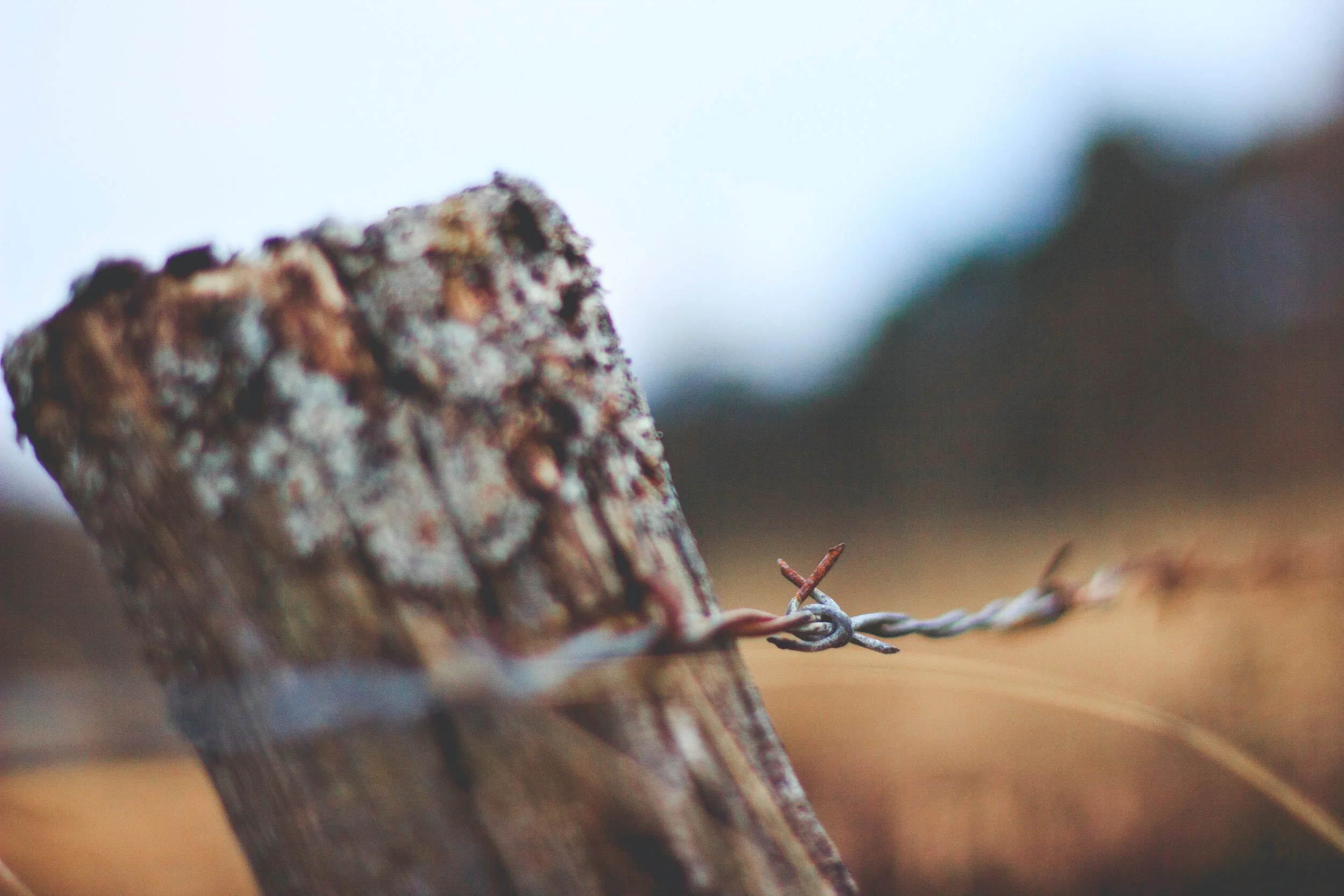by Tiffany Hooton, LMFT
If you’ve ever played Dark Souls, you know it’s a franchise that carries a reputation for its punishing bosses, bleak atmosphere, and environmental storytelling. Players new to the series find themselves facing defeat at every turn. The world of Lordran feels hostile and desolate. Everything wants to kill you, even the environment itself. Because, as seasoned players know, the real boss is gravity. The story is fragmented. Progress is slow and grueling.
So why do people like this game so much? True, there are fans who are in it for bragging rights, who want to make the game seem as difficult and as inaccessible as possible to new players in order to bolster their gamer egos. But there’s more to it than that. For many others, there is a genuine pleasure taken in meeting the challenges the game presents, and it’s in those challenges that I’ve found the greatest meaning.
Of course, I don’t mean to suggest that video games are a cure for mental health struggles; however, like any work of art, games can reflect life back at us in sometimes surprising ways. And, as someone who’s worked closely with depression and has, at times, struggled with it personally, I found that the mindset I developed while playing Dark Souls was useful for more than just beating bosses.

























